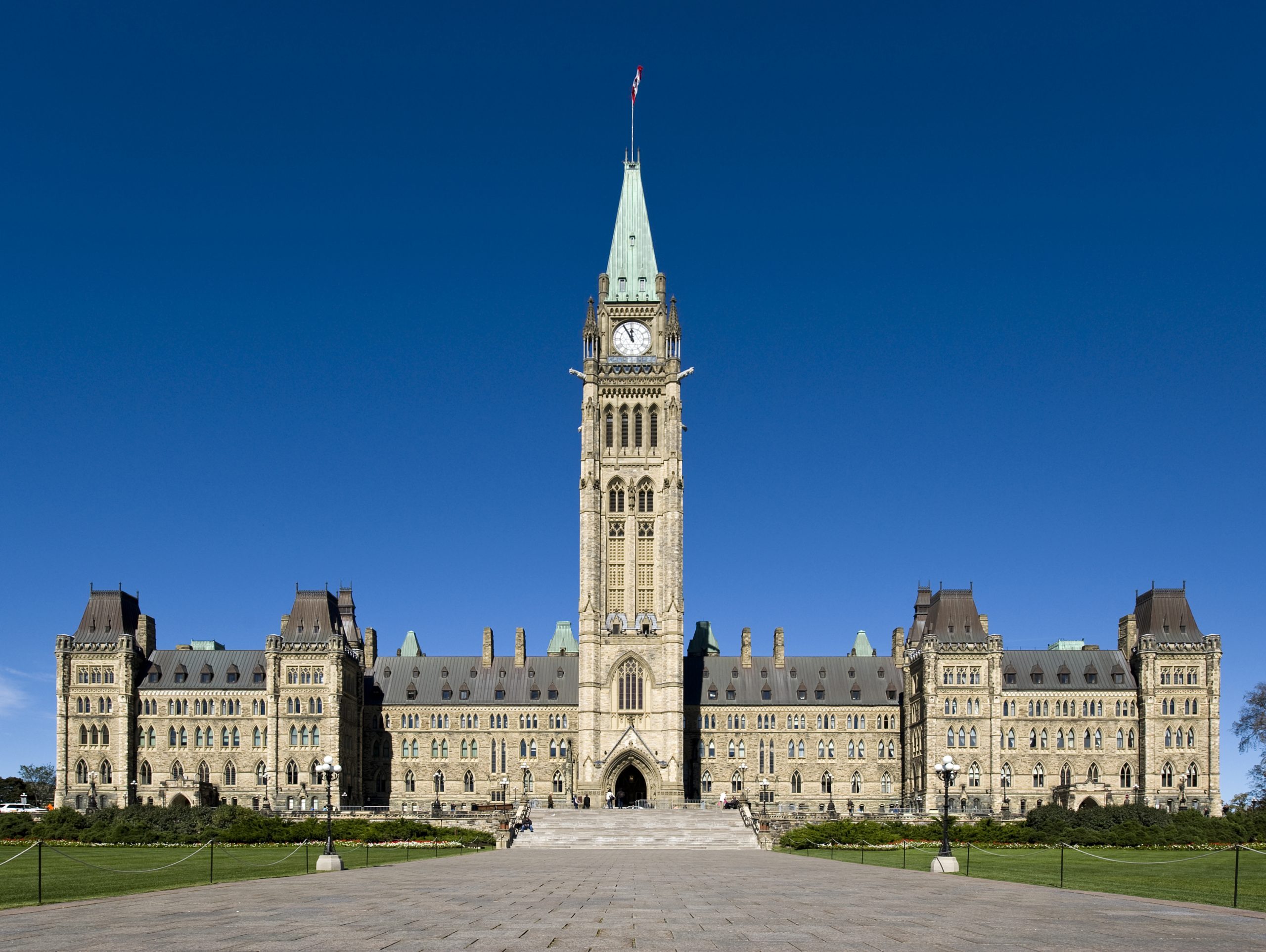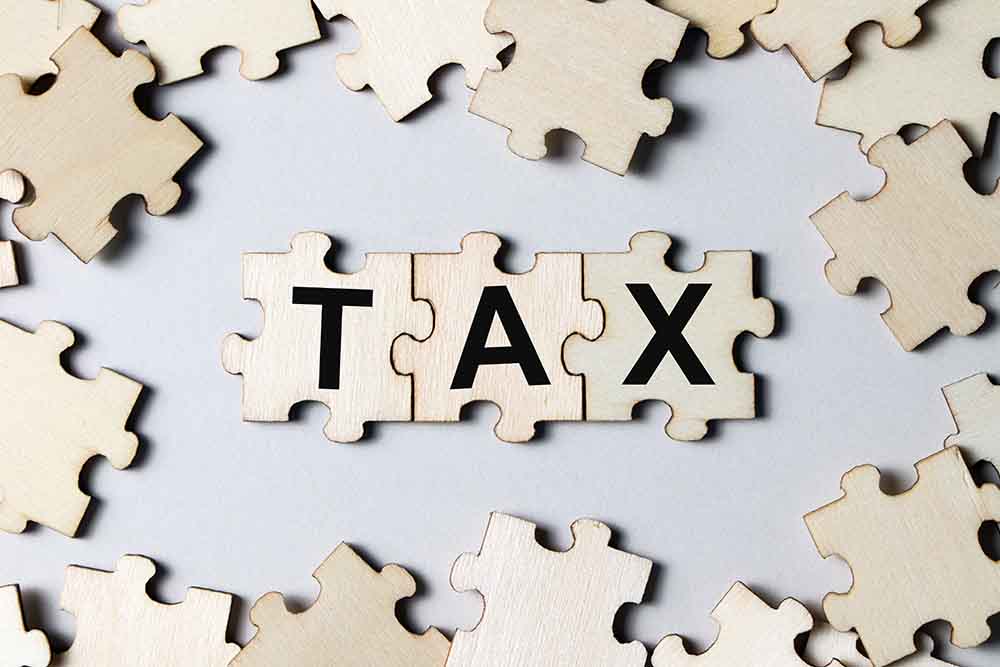Introduction
 On July 1, 2010, the governments of British Columbia and Ontario converted their old PST bases to the HST. As is well known, this conversion enlarged their tax bases, as most service consumption is now taxed, while keeping the sales-tax rate the same as before. While it is true that businesses now write off taxes paid on material inputs and capital—and that in the longer run much of the resulting lower costs are passed on to consumers—there is a consensus that in the longer term, households would pay higher taxes. The British Columbia independent panel on the HST forecast this and the fact that the average family in the province would pay an extra $350 a year with the HST set at the old PST rate of 7 per cent (Government of British Columbia [2011b]). Our 2010 study for the Canadian Centre for Policy Studies suggested a somewhat higher amount: A typical family in the province would pay an extra $593 in 2008 dollars, or $608 in 2011 dollars.1
On July 1, 2010, the governments of British Columbia and Ontario converted their old PST bases to the HST. As is well known, this conversion enlarged their tax bases, as most service consumption is now taxed, while keeping the sales-tax rate the same as before. While it is true that businesses now write off taxes paid on material inputs and capital—and that in the longer run much of the resulting lower costs are passed on to consumers—there is a consensus that in the longer term, households would pay higher taxes. The British Columbia independent panel on the HST forecast this and the fact that the average family in the province would pay an extra $350 a year with the HST set at the old PST rate of 7 per cent (Government of British Columbia [2011b]). Our 2010 study for the Canadian Centre for Policy Studies suggested a somewhat higher amount: A typical family in the province would pay an extra $593 in 2008 dollars, or $608 in 2011 dollars.1
The new HST in British Columbia created a voter backlash and forced the province to announce a province-wide referendum to be conducted in June and July 2011 (CTV News [2011]). To encourage a “no” vote—i.e., to deny a move back to the old PST—the provincial government announced a reduction of the HST from 12 per cent to 10 per cent (Government of British Columbia [2011a]). This means that the provincial portion of the HST would be reduced from 7 per cent to 5 per cent. Since this announcement, support for the HST has risen; it remains far from clear that voters in this province will favour the new HST.2
In Ontario, our 2010 study suggested that an average family in the province would pay an extra $783 in sales taxes under the HST ($1,041 in gross HST paid, minus an estimated $258 in input costs passed on by businesses). The institution of the HST in Ontario has created a backlash—with opposition led by both the provincial NDP and Progressive Conservative parties. The Ontario government has kept its provincial HST tax rate at 8 per cent, so, as of this writing, the rate is considerably higher than the corresponding 5 per cent in British Columbia.
In this paper, we measure the effect of a reduced HST on the average household in Ontario and British Columbia. We find that reducing the HST by two percentage points (to 11 per cent in Ontario and to 10 per cent in British Columbia) still implies modest increases in net HST: $172 in Ontario and a slight $15 in British Columbia. However, when we factor in the personal income tax credits and grants now in place in both provinces, the average family saves $322 in Ontario and $255 in British Columbia.
The conversion to the HST combined with the personal income tax reductions should be seen as an aggregate tax cut—a savings to households in both provinces. We also calculate a hypothetical 3 per cent cut in the HST for Ontario to make it equal to the 10 per cent HST in British Columbia. We find that the aggregate tax savings add up to $600 per family. Finally, we total these tax savings and find that they represent about 1.5 per cent of total Ontario spending and about 2.5 per cent of total spending in British Columbia. Therefore, we find that the HST tax cuts are fiscally manageable if modest expenditure cutting were to take place in the two provinces.
The next section explains the methodology of the tax calculations and their results and compares them with the 1997 HST experience in Atlantic Canada. In the concluding section, we argue that tax-rate cutting is crucial to earning voter support and to transforming the PST to the HST.
View entire study as PDF (14 Pages)


